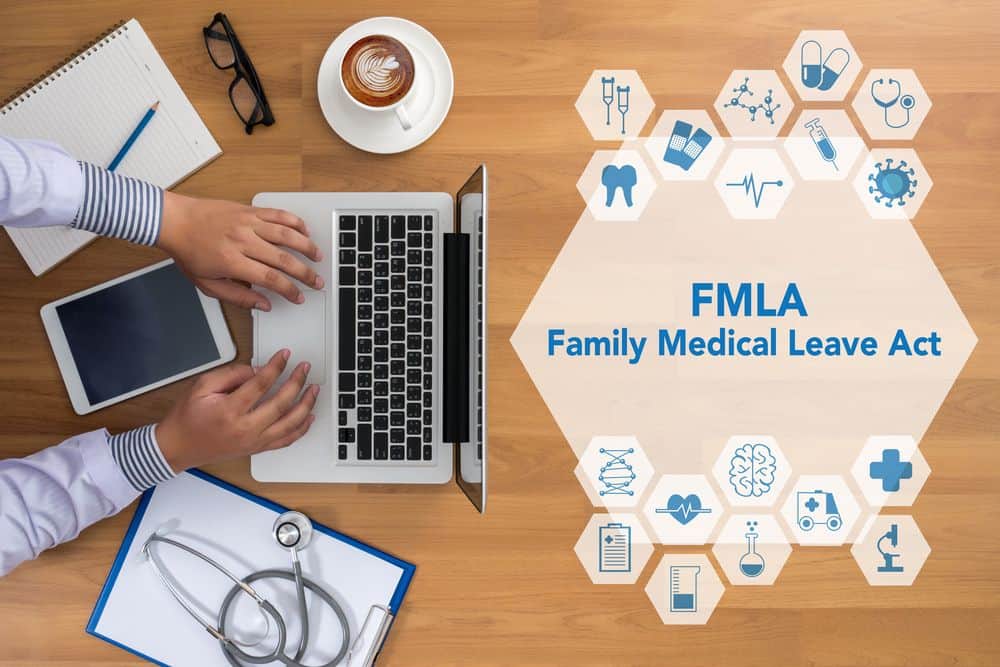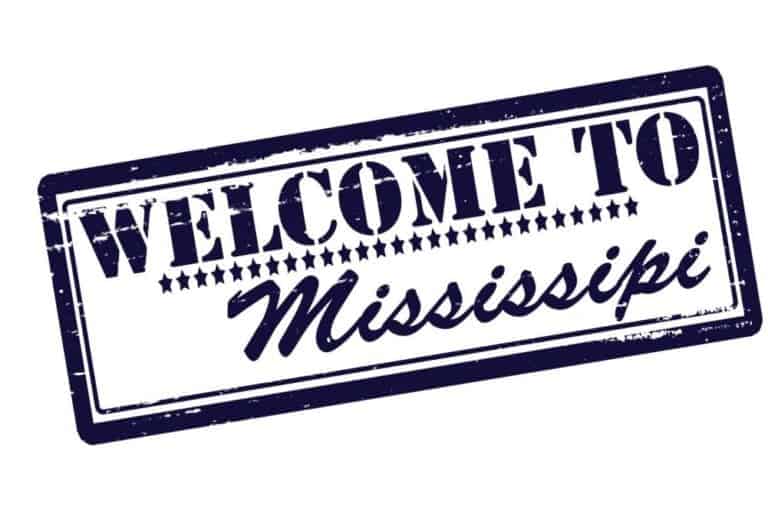How the Family and Medical Leave Act Falls Short for Veterans and Military Families
The Family and Medical Leave Act (FMLA), a cornerstone of federal legislation providing job-protected leave, has been in effect for over three decades. Despite its crucial role in safeguarding workers’ jobs during times of personal health needs or family responsibilities, the FMLA falls short when it comes to adequately addressing the unique challenges faced by military families, military caregivers, and veterans.
FMLA Overview and Limitations
Enacted in 1993, the FMLA initially granted covered workers the right to take up to 12 weeks of unpaid leave annually to address their personal serious health needs, care for an ailing family member, or bond with a newborn or adopted child. However, the law, applicable to larger private sector employers (with at least 50 employees) and government employers, has limitations. To qualify, workers must have been employed by a covered employer for a year and worked an average of around 24 hours per week over the past year. Despite covering approximately 56% of all employees nationally, the FMLA lacked specific provisions for military families, caregivers, and veterans.
In response to this gap, Congress amended the FMLA in 2008 and 2009, introducing targeted protections related to military service, focusing on the impact of deployment on military families and the needs of military caregivers. While these amendments were a step in the right direction, they still fall short of addressing the comprehensive needs of veterans. There’s a compelling case for Congress to expand the FMLA to ensure that those who serve or have served, along with their families, can take the necessary time to address the impacts of their service.
Why is supporting military families considered a national security imperative?
President Joe Biden highlighted the sacred obligation the nation has to prepare those sent into harm’s way, care for their families in their absence, and continue that care when they return. This commitment, viewed as a national security imperative, extends beyond moral obligation. In an era of an all-volunteer force, military branches contend with a competitive hiring landscape. Recent recruiting challenges have been pronounced, making it crucial to support service members and their families during and after their service, investing in recruitment and retention efforts.
What challenges do military spouses typically encounter?
Among today’s youth, concerns about physical and mental health consequences are primary reasons for avoiding military service. Conversely, health and medical benefits are major incentives to consider military service. Ensuring veterans have access to necessary care, including through Veterans Affairs (VA) services, addresses key concerns potential recruits have and reinforces the military’s appeal. Furthermore, supporting military spouses’ employment, a significant factor in spousal support for continued service, becomes a retention strategy. As military service often runs in families, policies supporting current and former service members influence the next generation’s perception of military life and their decisions regarding service.
Challenges Faced by Military Family Members
Military family members, particularly spouses and partners, constitute a group in need of additional FMLA protection. With approximately 920,000 military spouses, two-thirds of whom are married to active-duty service members, deployment is a recurring reality. A 2021 study revealed that 45% of active-duty spouses reported their spouse had deployed for over 30 consecutive days in the past three years. The FMLA amendments in 2008 and 2009 addressed some needs related to deployment but fall short in excluding domestic service and the omission of service members’ domestic partners.
Limitations of Deployment-Related Leave
The existing law limits “covered active duty” to deployment in foreign countries, excluding many military family members who face challenges due to domestic service. National Guard members, frequently engaged in domestic disaster responses, are left unprotected. To rectify this, the FMLA should broaden its definition of “covered active duty” to encompass domestic military service in response to natural disasters and emergencies. This expansion aligns with protections under the Uniformed Services Employment and Reemployment Rights Act (USERRA), ensuring comprehensive coverage.
Inclusivity for Domestic Partners
The current FMLA provisions allow only legal spouses, parents, and children of service members to take leave in connection with deployment. This excludes domestic partners, even if they share a child or household with the deploying service member. Contrary to this, many state paid leave laws extend deployment-related leave to domestic partners. Advocating for an amendment to include domestic partners under FMLA coverage for deployment-related leaves is crucial for a more inclusive and supportive framework.
Challenges Faced by Military Caregivers
The United States is home to an estimated 5.5 million military caregivers, providing care to loved ones affected by current or former military service. While the FMLA amendments in 2009 introduced protections for military caregivers, there are shortcomings that need addressing. These include limitations in the FMLA’s definition of family, the provision’s one-time benefit nature, and the recency-of-service requirement.
Expanding the Definition of Family
The FMLA, both in general and in the context of military caregiving, restricts leave to legal spouses, parents, and children. This excludes chosen family members, such as friends or neighbors, who often play crucial caregiving roles. Around 23.4% of post-9/11 military caregivers and 15.7% of pre-9/11 military caregivers are friends or neighbors, not covered by the FMLA. Expanding the family definition to include chosen family is vital for comprehensive coverage.
One-Time Benefit Limitation
Military caregiver FMLA leave is currently a one-time benefit, limited to a single 12-month period. This restriction becomes a hindrance for caregivers providing ongoing care for a loved one. An amendment allowing flexibility for intermittent or continuous leave beyond the initial 12-month period would address this limitation and better meet the diverse needs of military caregivers.
Recency-of-Service Requirement
The special protections for military caregivers hinge on the recency of their loved one’s service. A covered service member must have served within the five years preceding their treatment, recuperation, or therapy. This poses challenges for veterans and their caregivers, especially given the one-time nature of military caregiver FMLA leave. Adjusting this requirement to allow for broader eligibility, irrespective of the time elapsed since separation from the military, is crucial for inclusivity.
Extending Protections for Veterans
Despite being an integral part of the workforce, veterans face unique health challenges due to service-related disabilities. While the FMLA currently provides extended time for caregivers of veterans (up to 26 weeks), veterans themselves receive the standard 12 weeks, creating a discrepancy. Recognizing that 27% of veterans have a service-connected disability, amending the FMLA to grant extended time off for veterans dealing with service-related health needs aligns with the nation’s commitment to those who have served.
Addressing Veterans’ Diverse Health Needs
Veterans experience a range of physical and mental health needs, often distinct from the general population. Musculoskeletal disorders, hearing disorders, traumatic brain injuries, and mental health conditions are prevalent among veterans. Recognizing the unique health challenges veterans face and the logistics involved in seeking care through the VA system, extended leave provisions become imperative.
The call to expand the FMLA to better accommodate the needs of service members, veterans, and their families is rooted in the understanding that these individuals make substantial sacrifices for the nation. Ensuring job protection during times of health-related leave is not just a moral obligation but also a strategic investment in national security. By addressing the limitations in current FMLA provisions, the nation can reinforce its commitment to those who serve and contribute to a more inclusive and supportive framework for military families, caregivers, and veterans.



